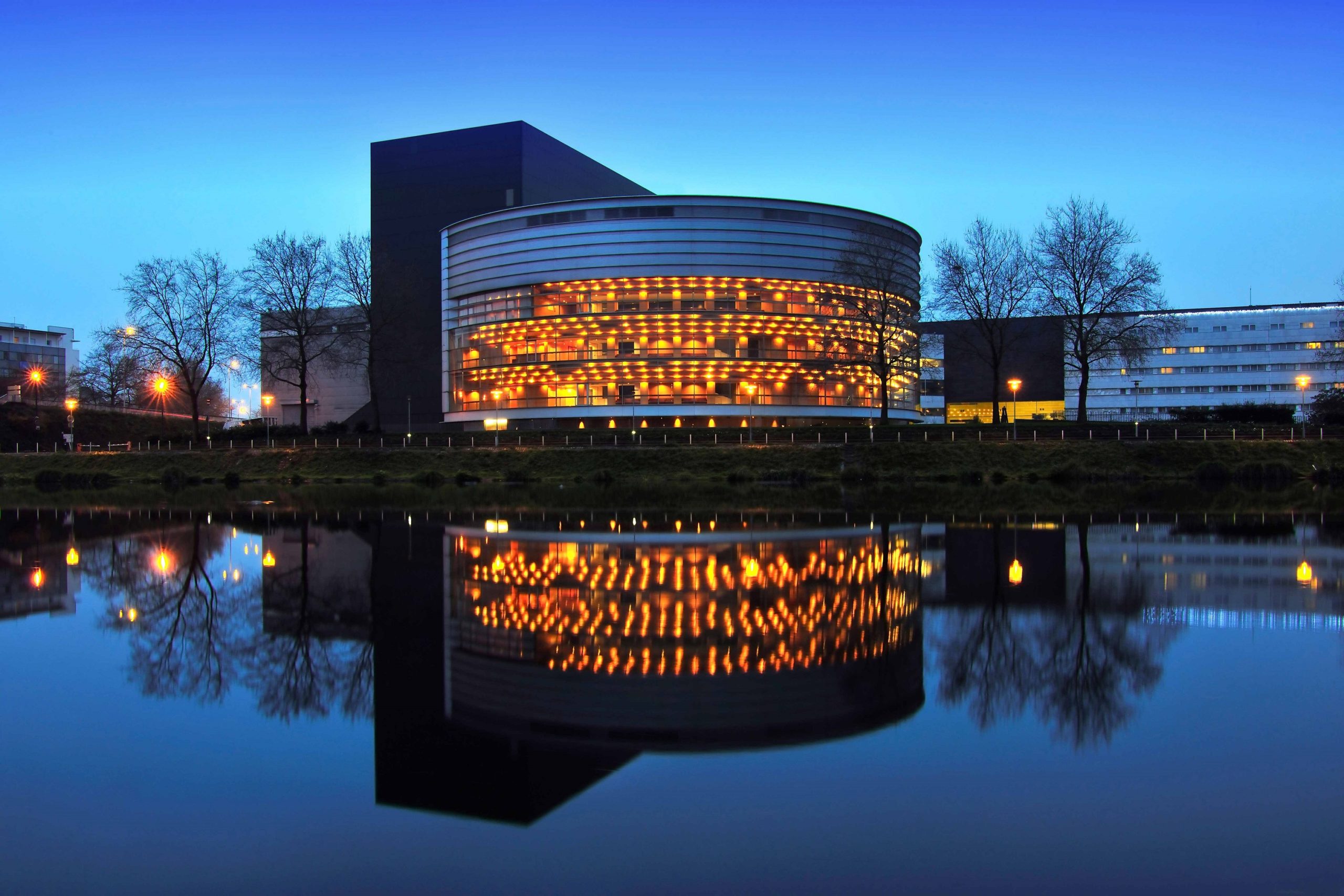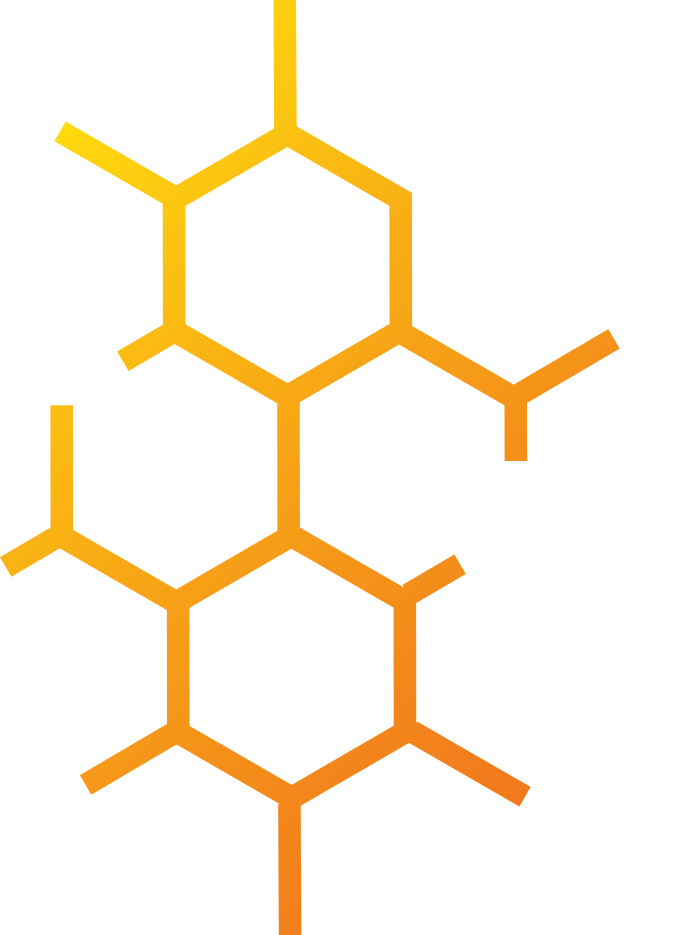Topics
Catalysis: At the heart of essential challenges for a cleaner and sustainable future. This session will address both heterogeneous and homogeneous catalysis as well as hybrid catalysis. Contributions introducing new concepts, allowing a better understanding and design of catalyst from molecular to material scale and/or involving process & catalytic engineering are welcome.
Chemistry, light and color: Light, Color and Chemistry have been strongly related since the earliest ages of Earth. Light and color are a source of inspiration for all areas of modern chemistry which currently contributes to exciting developments in diverse domains, including, energy, the Arts, medicine or all sorts of manufactured products used in daily life.
Coordination chemistry: It involves organic synthesis of ligands dedicated to the coordination of metal ions and the synthesis, characterization and reactivity studies of coordination and organometallic complexes with all metals, as well as their applications in a wide range of areas such as functional molecular materials, homogeneous catalysis, and at the interface with life (bioinorganic chemistry, bioinspired chemistry, medicinal chemistry, etc.).
Education and training: The aim of this division is to report about teaching and learning of chemistry in colleges and universities, to share best practices to improve learning outcomes by changing teaching method with nowadays a specific attention to distant learning.
Energy: The Energy transversal division of the French Chemical Society looks into various chemical aspects of the energy transition. Different types of energy are explored, including non-renewable, renewable, nuclear, biomass energy, as well as energy conversion and storage. The development of novel functional materials, reaction kinetics, as well as process and technological aspects are of interest, including sustainability, life cycle and eco-design analyses and concepts.
Industrial chemistry: Mainly focused on cross- disciplinary themes providing answers to sustainable development and Analytical Chemistry needs by all concerned parties i.e. industry but also civil society and stakeholders saving resources and energy while minimizing environmental impacts (REACH regulations). Among the priorities (i) Eco-efficient processes including intensification, atom and energy saving through online control ; (ii) uses of renewable raw materials ; (iii) innovative production of materials and products including autentification, toxicological and eco-toxicological expertise ; (iv) Development of recycling/reuse of co-products and wastes (circular economy) ; (v) environment protection /water, air and soils, treatment processes and in situ control.
Organic chemistry: Involves all the different aspects dealing with the preparation, transformation and properties of carbon-based molecular or supramolecular entities: synthesis and methods, chirality and asymmetric synthesis, organometallic chemistry, main group chemistry, bioorganic chemistry. Organic chemistry is a central tool for understanding and designing molecular systems, from structure to reactivity for multiple applications.
Physical chemistry: Physical Chemistry aims at understanding chemical systems through the physical properties of matter – and the processes it undergoes – at scales from the atomic to the macroscopic. It covers a large number of fields, such as Photochemistry, Electrochemistry, Molecular Magnetism, Theory, Radiochemistry, Analytical Chemistry, Nanosciences, Optical and Neutron spectrometries.
Polymers and materials chemistry: Polymers and materials chemistry: Polymers and materials play a major role in answering and solving most current societal challenges. They are instrumental to progress in Environment, Energy, Health, Mobility and Communication for example. SCF23 welcomes contributions related to the Chemistry of polymers and materials from their syntheses and characterization, to their properties, shaping and applications.
Solid state chemistry: Solid state chemistry is a multidisciplinary science devoted to solid materials with wide variety of chemistry, structure, and shapes (powders, crystals, thin films, crystallized or amorphous). This science encompasses synthesis, structural and morphological characterization, determination of physical (and chemical) properties, and theoretical modeling. The ultimate goal is to identify the structure/properties relationships to engineer materials for specific requirements. Solid state chemistry has a strong societal impact and is key to future developments in new technologies and sustainable processes in domains such as energy, optics, (photo)catalysis, data storage, health, sensors and microelectronics.
Sustainable Chemistry: Mainly focused on cross- disciplinary themes providing answers to sustainable development needs saving resources and energy while minimizing environmental impacts (REACH regulations). Among the priorities: (i) Eco-efficient processes; (ii) uses of renewable raw materials; (iii) innovative production of materials and products including authentification, toxicological and eco-toxicological expertise; (iv) Development of recycling/reuse of co-products and wastes (circular economy); (v) environment protection /water, air and soils, treatment processes (remediation).










